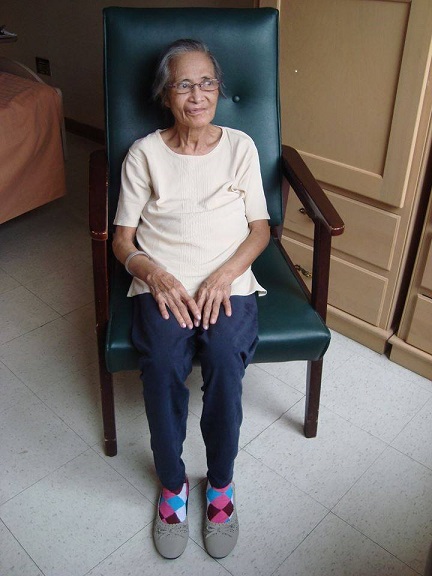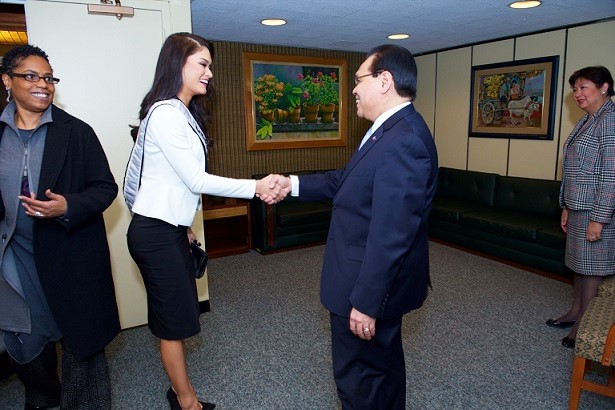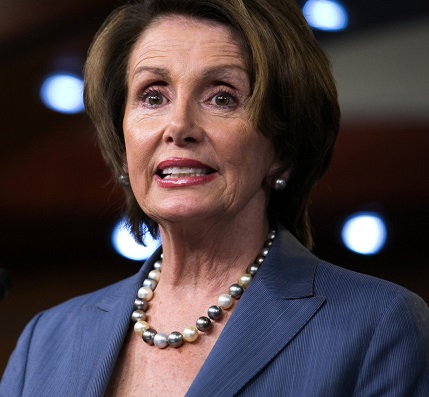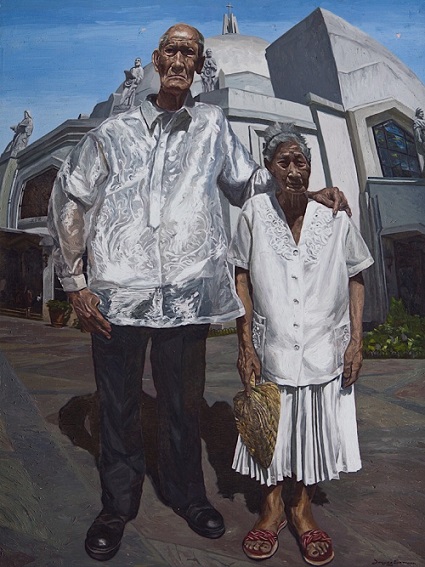High hopes or another false hope? Green cards for essential workers
By Anthony Advincula
On a recent Monday, Maribel Lapuz got up at 4:30 a.m. The 46-year-old immigrant from the Philippines braved the sub-zero weather and took the train from Jersey City, NJ to a nursing home in Brooklyn, NY, where she has worked six days a week as a caregiver since last February.
A thousand miles away, Mario Ramirez drove from one house to another starting at 5 a.m. doing construction and plumbing work in Marietta, Georgia. Ramirez, a 52-year-old Mexican immigrant, has never missed a working day since the start of the pandemic.
“When the Trump administration sent the $1,200 stimulus checks to workers,” Lapuz said, “I didn’t get it; I was ignored.”
“Someone like me in this country is not eligible for unemployment,” Ramirez said. “That means I can’t stop working in order to support my family, despite the risk of COVID-19.”

Their situations may soon change.
Deemed “essential workers” by the federal government, Lapuz and Ramirez are among the 5 million undocumented immigrants who may be rewarded a path to citizenship—and it could happen during the first days of the Biden-Harris administration.
Indispensable to American life and economy, undocumented essential workers are now at the core of an immigration plan currently being drafted by congressional Democrats and immigrant rights advocates, and aggressively promoted by the incoming administration.
The new immigration legislation—folded into the $1.9 trillion COVID relief bill that Biden unveiled last week—will include granting undocumented essential workers a green card and decreasing the wait time to obtain U.S. citizenship.
“Essential workers, many of whom are undocumented immigrants, are unsung American heroes—risking their lives during this deadly pandemic to care for our communities and ensure food is on the table,” Rep. Joaquin Castro (D-Texas) said in a recent virtual press conference. “I’m working on legislation to immediately protect essential workers and their families from deportation and provide them with a fast-track path to citizenship.”
Vice President Kamala Harris weighed in publicly on the issue. Speaking last week with Spanish-language Univision, she said the incoming administration would automatically grant green cards not only to undocumented essential workers but also to DACA (Deferred Action For Childhood Arrivals) recipients as well as Temporary Protected Status (TPS) holders, and shorten by five years the time it takes to get U.S. citizenship.
“The incoming administration has a golden opportunity to set things right and offer immigrant essential workers and their families relief from this pandemic, relief from persecution because of their immigration status, and relief from invisibility,” said Angelica Salas, executive director of the Coalition for Humane Immigration Rights, on a press call organized by America’s Voice.
Pushback from Republicans has already started. Lora Ries, former acting deputy chief of staff at the Department of Homeland Security, told The Los Angeles Times that the legislation will create more problems.
“Such rewards will attract more people to illegally enter the U.S. to await their eventual green card, undermining border security,” Ries said.
Some immigration advocates and scholars also question whether the upcoming immigration plan is the right approach. If the Biden-Harris administration proposes to extend legalization opportunities to 5 million undocumented essential workers, what about the other 8 million undocumented immigrants?
“Millions of immigrant workers are on the frontlines, risking their lives to keep our country running. The depth of this crisis requires urgency,” said Mary Kay Henry, president of SEIU, on the press call with America’s Voice. “We can’t beat the virus when millions of undocumented essential workers are left out. Providing [a fast-track to citizenship] is the only way we’ll be able to tackle the pandemic.’
Alex Padilla, California’s Secretary of State who replaced Vice President Kamala Harris in the U.S. Senate, defended the immigration plan for undocumented essential workers.
“It’s not that we are not going to deal with other undocumented immigrants,” Padilla said on the call with reporters. “Because of the urgency of COVID relief, it’s better to act sooner rather than later.”
“I’m very excited when I heard about this great news,” Lapuz said in Jersey City. “But I can’t help worrying that they are sending another false hope. I have been through this before.”
“My family has been waiting for this moment. We risk our lives and help this country to survive the pandemic,” Ramirez said. “We should not be left in the dark anymore. My children were all born here—this is our home.”











